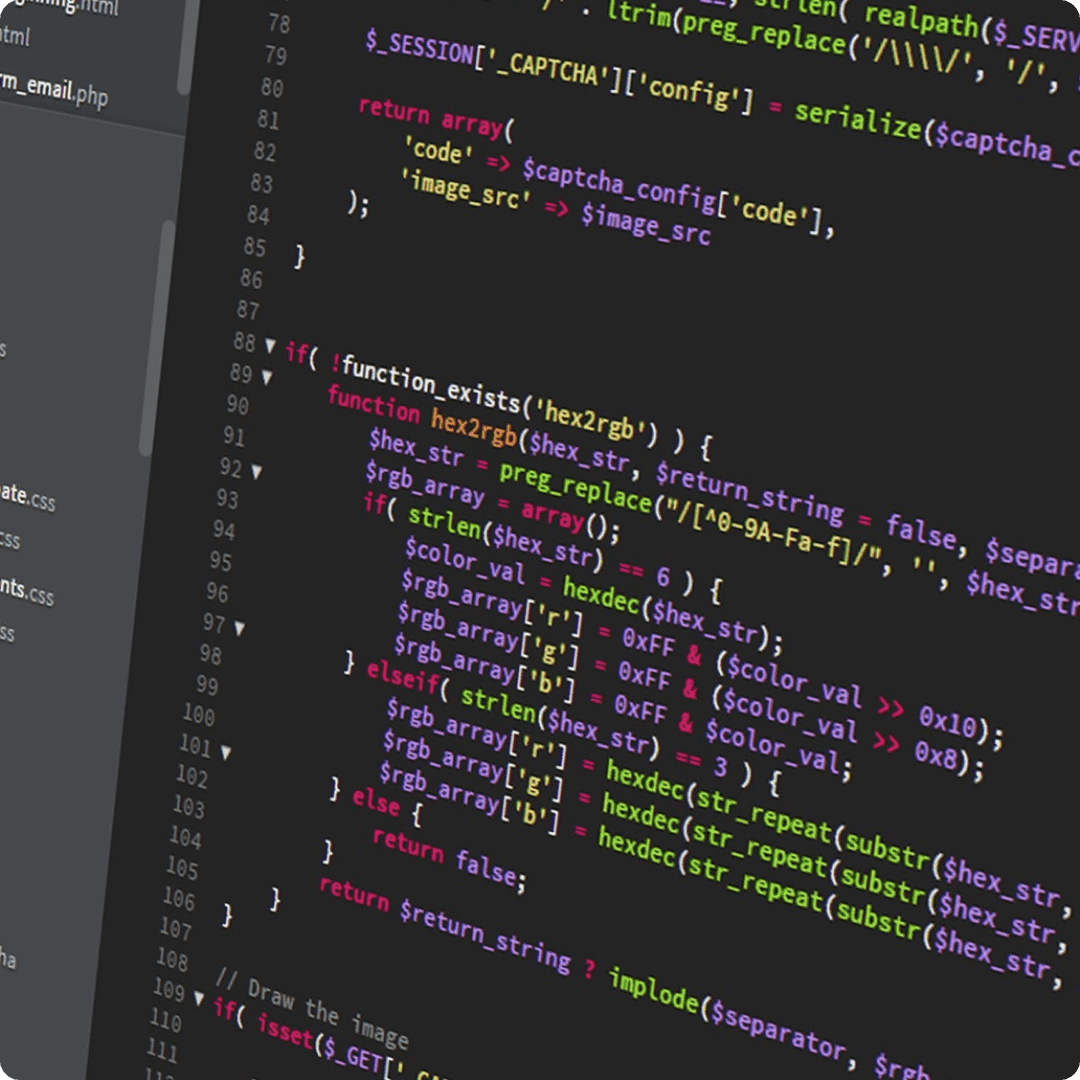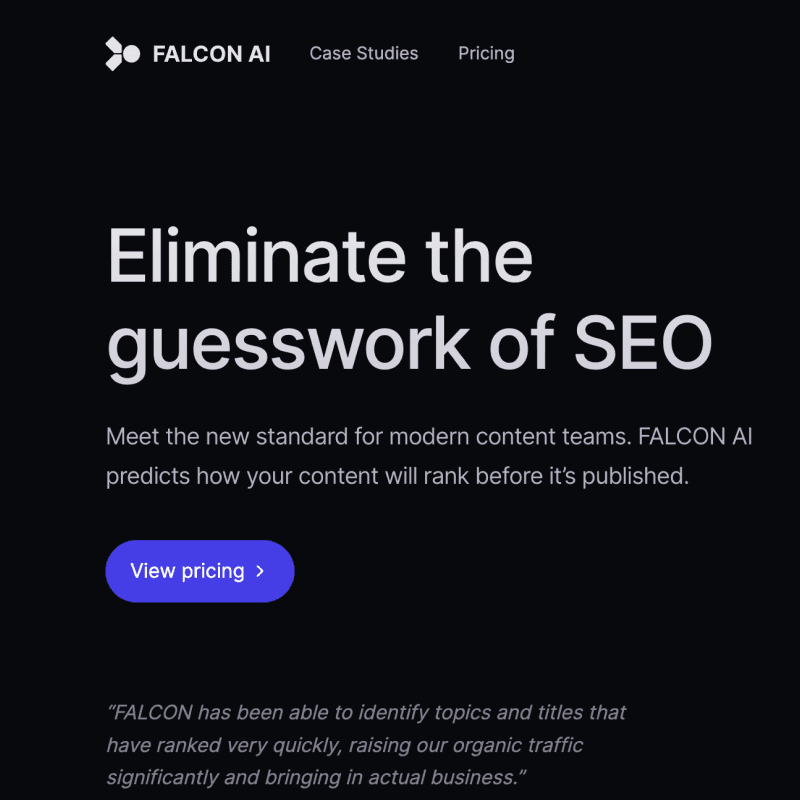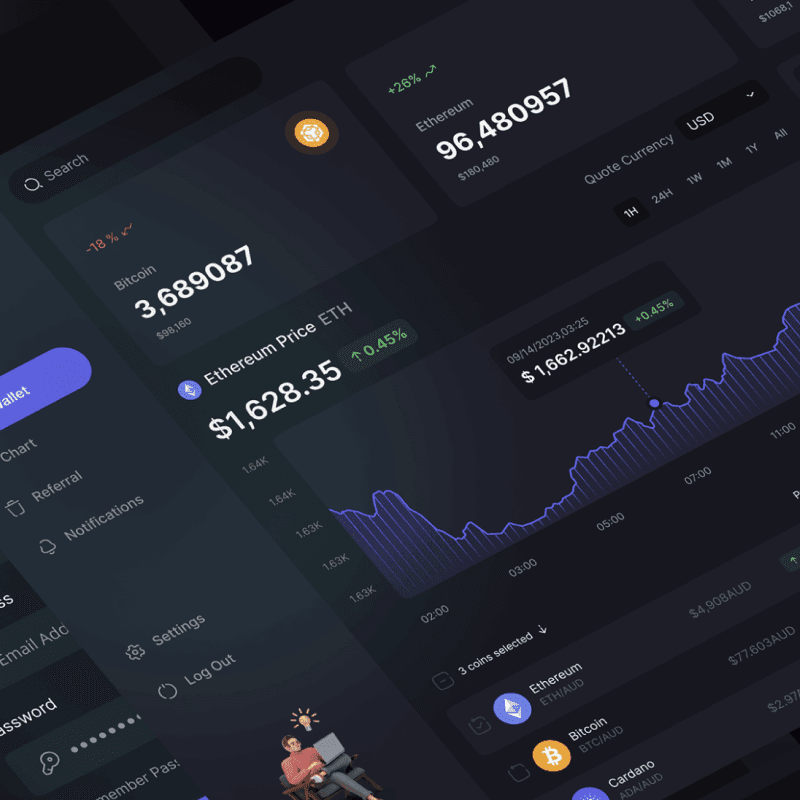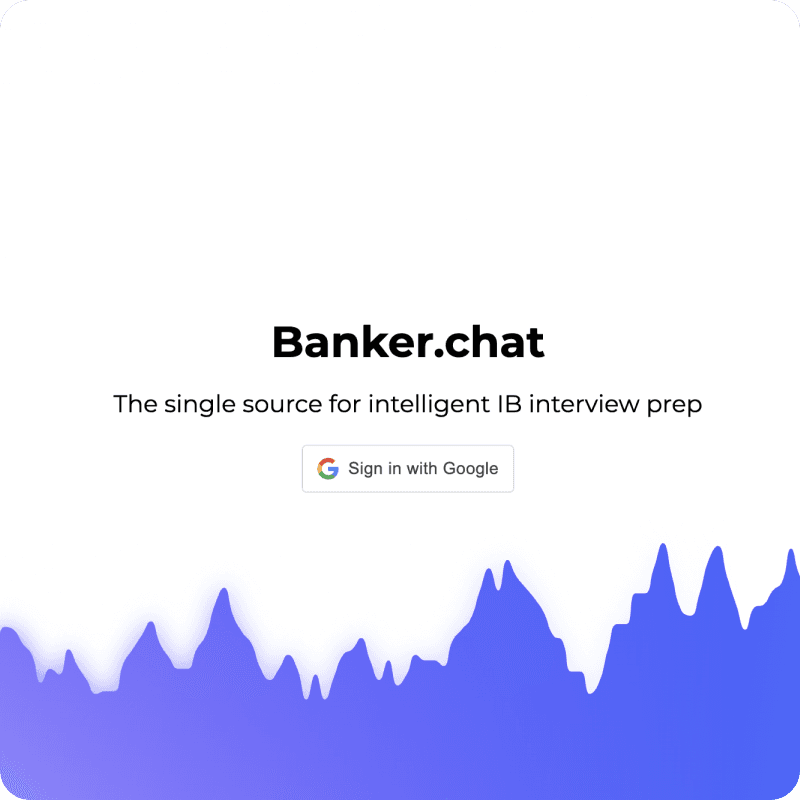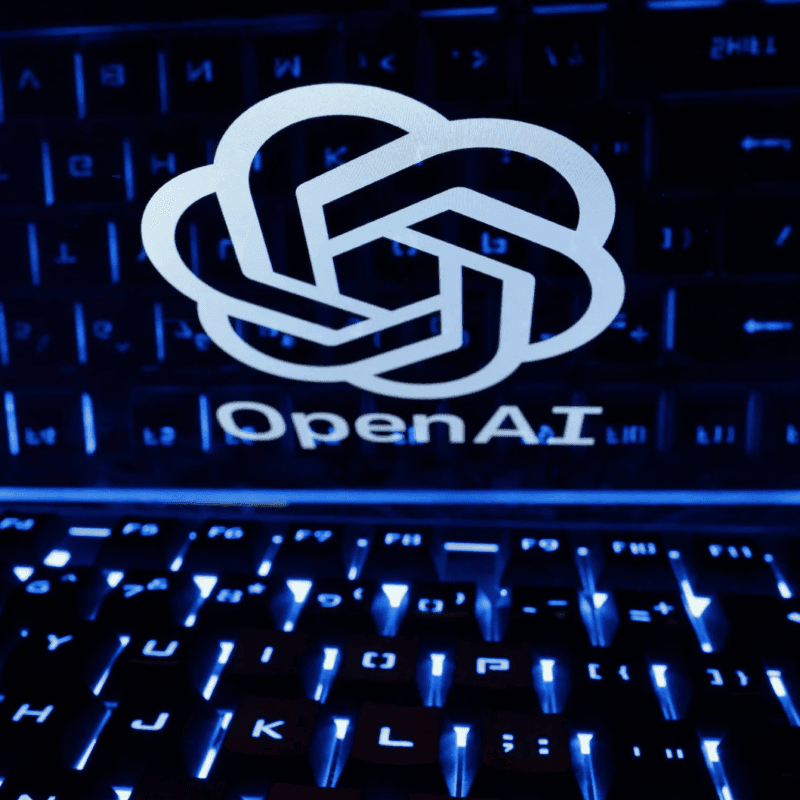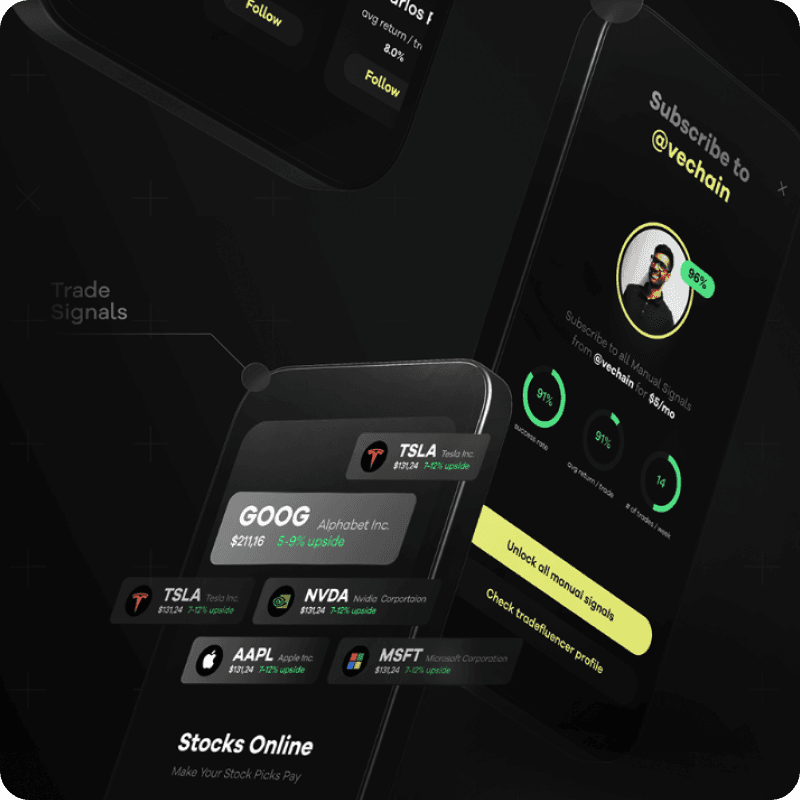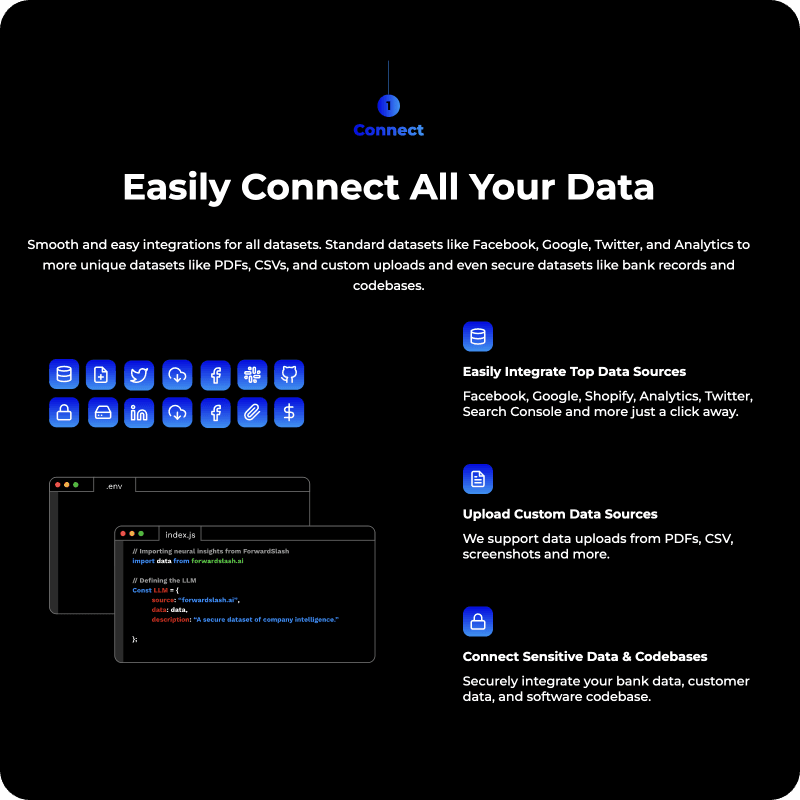Software Services
For Companies
For Developers
Products
Portfolio
Build With Us
Build With Us
Our
PHP Developers
Help Build/

01010100101010101010101
01011010101010101010101010101010
01010101010101001010110101010101010101010
1010101010010101011101101010101011001010101010
101010101010101010101101010101000110011010010110101010
10101101010101010110101010101010101011010101111101010101010101010
Case Studies/
A Global Network Of Engineering Talent/
Our Developers Have Worked At Companies Like:
We've shipped production software for startups racing to launch and enterprises that can't afford downtime. Our developers architect solutions that scale, ship features users actually want, and deliver applications that define what's possible.
Every engineer brings 5-10+ years shipping real products. Every project gets the execution quality that separates market leaders from everyone else. We're building your unfair advantage.
5+ Years Professional Experience
Senior engineers who've shipped at scale and know what works in production.
200+ Skills Across Every Stack
CRMs, e-commerce, mobile apps, AI workflows—we've built it all in production.










